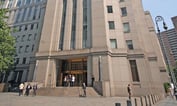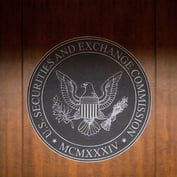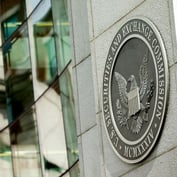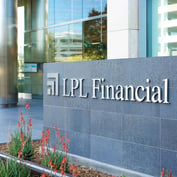What You Need to Know
- Incoming SEC Chairman Gary Gensler has important matters to address once confirmed, including the Reddit GameStop squeeze.
- Appropriate protections for individual investors are on the agenda.
- Bitcoin ETFs may be approved sooner with Gensler at the helm.
Incoming Securities and Exchange Commission Chairman Gary Gensler faces numerous tasks once confirmed by the Senate, with the Reddit GameStop squeeze likely front and center.
Once confirmed, “a huge number of issues await” Gensler, according to Ron Rhoades, director of the personal financial planning program and assistant professor of finance in the Gordon Ford College of Business at Western Kentucky University.
“The issues seen around trading in GameStop might be the most visible, and I anticipate some form of enforcement action addressing the marketing of ‘free’ stock trades to individual investors,” Rhoades told ThinkAdvisor in an email.
Barbara Roper, director of investor protection for the Consumer Federation of America, added in another email to ThinkAdvisor that “because key investor protections, including [Regulation Best Interest], only come into play when a recommendation is made, Robinhood is free to give its customers easy access to risky trading strategies, and to use psychological nudges to encourage those strategies, without being held accountable for the appropriateness of those actions.
“I think the SEC, working with FINRA and the state securities regulators, will need to develop an appropriate regulatory response to ensure that firms can be held accountable for the way in which they design their platforms and the nudges they include in their apps,” Roper explained.
Right now, she continued, “the things that are really profitable for a firm like Robinhood that depends on payment for order flow — trading on margin, rapid trading in individual stocks or, better yet, options — are generally harmful for the small, inexperienced retail investors they seek to serve.”
Longer term, “the SEC might ban payment for order flow, which is a serious challenge to the quasi-fiduciary requirement of brokers to achieve best execution,” Rhoades opined.
James Angel, associate professor of finance at Georgetown University’s McDonough School of Business, told ThinkAdvisor in an email that the GameStop incident “highlights some of the leaks in our equity market structure that need to be fixed.”
“Our antiquated two-day [trade] settlement system needs to be sped up,” Angel explained. “We need better disclosure on short selling and securities lending. Investors should have access to daily short interest data and not the stale twice-monthly data we get now.”
Reg BI, ESG and Bitcoin
The SEC’s “flawed interpretation of fiduciary duties arising under the ’40 Act, a replacement for the misleading (by its very name) Regulation Best Interest, and a re-write of the Form CRS language,” await Gensler’s attention, along with a hard look at environmental, social and governance focused investing, according to Rhoades.
Jim Lundy, partner with Faegre Drinker in Chicago, said on the firm’s recent Inside the Beltway webcast that, particularly in the near term of Gensler’s tenure, the SEC “will enforce Reg BI. It’s a tool kit in enforcement’s arsenal … a disclosure-based rule that they can examine for and enforce. And it also is a rule that has a compliance obligation attached to it, which has essentially a failure to supervise component embedded in there.”
Sandra Grannum, partner at Faegre Drinker, agreed. “The question just becomes the level of enforcement of the rule and the scrutiny and how it will be interpreted,” she said on the webcast. “It is a principle-based reg; it’s not rule-based, so there will be a lot of interpretations as to … what will be sufficient to satisfy the rule.”
Gensler’s arrival may also “accelerate the SEC’s timetable for approving Bitcoin ETFs, which has stalled in part due to [former SEC Chairman Jay Clayton’s] view that even the most stable tokens will need to be better regulated before receiving approval to be traded on a major exchange,” Ropes & Gray attorneys Jeremiah Williams, Helen Gugel and Stefan Schropp wrote in a recent briefing.








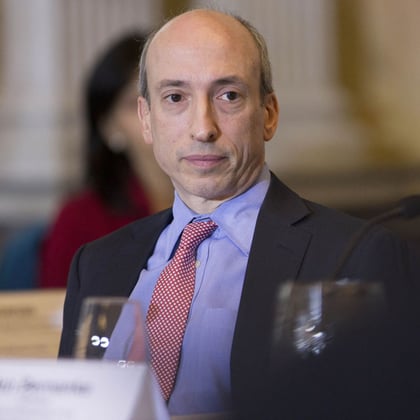
 February 21, 2021 at 11:00 AM
February 21, 2021 at 11:00 AM



